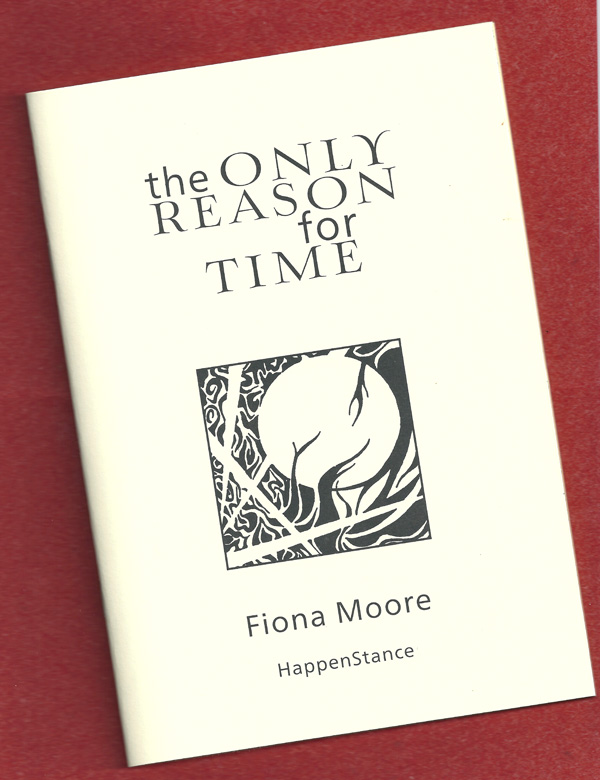Turbulence #4
-Reviewed by Ian Chung-
The Editor’s Note to Issue Four of Turbulence makes a bold claim for the current issue: ‘a very strong selection of poems…from some quite excellent poets’. The magazine itself is a humble, minimalist affair on the inside, although this issue happens to have a delightfully quirky, paint-splattered cover design that suits the magazine’s name admirably. (That said, I spotted a couple of typographical errors and inconsistencies that marred an otherwise professional-looking publication.) While Turbulence is based out of Hull, from which it appears to draw the bulk of its contributors, its reach is nevertheless now trans-Atlantic. A remarkable feat for what appears to be a labour of love being run on a (presumably) shoestring budget, and the team behind the magazine deserve to congratulate themselves on this achievement.
It is true that there are some exceptional poems in this issue. Margaret Fieland’s ‘Snapshot’ is a compact aural gem, delivering a rolling series of visuals in lines that are held together by the acoustics of alliteration and internal rhyme. Julian Woodford’s ‘Spare set of keys’ is a delicately rendered Shakespearean sonnet, which also demonstrates a similar playful awareness of the sonic possibilities of language. Its closing couplet embodies finality in the curtness of the ‘shut’/‘cut’ rhyme, especially when compared to the long vowels that are in the preceding quatrains. The most striking poem, however, is surely Cameron Conaway’s ‘Eva’ sequence, which reels you in slowly, before delivering a smack-in-the-gut ending that is harrowingly frank: ‘i can’t / take this shit and sweep it clean’. Along the way, you also get a reworking of popular carol, ‘The Twelve Days of Christmas’, whose ending is equal parts hilarious and chilling when situated in the context of the sequence: ‘and a cartridge in a glock twenty-three’.
However, there are also a good number of poems in the issue, especially from the younger poets like Charlotte Bartle and Arielle Karro, which seem unfinished, for lack of a better word. Consider Karro’s ‘My Muse’:
‘An endless view, color splahes [sic],
In every hue. Imagination soar.
An open door. I walk through.
Discover unseen core.
Let me explore. You.’
Here one finds the same playing with sound that occurs in the poems of Fieland and Woodford. The trading back and forth of the vowel sounds within the lines is an interesting touch, but by the end of the poem, one is hard-pressed to say why exactly it was necessary to pay a subscription to read a poem like this.
Thus the sole misgiving I would express about Turbulence Issue Four is that when considered as a whole, it seems to me not quite to pull its weight as a subscription magazine. Considering how the Internet has led to the proliferation of online magazines, writing of a standard (and style) similar to the likes of Karro is simply not very difficult to find. Admittedly, this is not really the fault of the Turbulence team, but it is nonetheless a fact worth bearing in mind for a magazine that asks potential readers to pay for access to new poems, however nominal that fee actually is.



Ian, I am very grateful for your comments here regarding the Eva sequence. Keep up the great review work. I’ll be sure to check out more of your writing in the coming days.
~Cameron